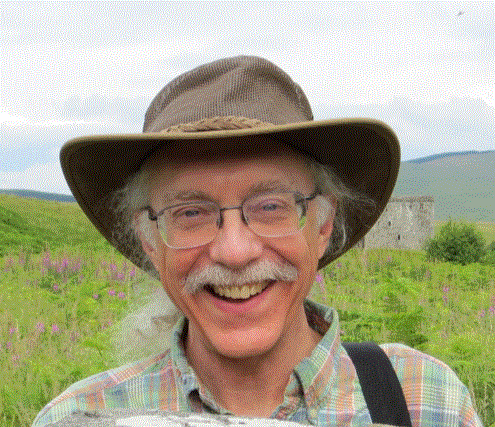(310)383-5654
EFTSoCal@gmail.com
EFT Social Anxiety Training Description:
12 CE unit Hours available for Psychologists, Social Workers, LPCs, and
Marriage and Family Therapists.
Social anxiety (or social phobia) is a chronic condition with wide-ranging effects
on interpersonal, occupational and psychological functioning. Although current
treatment guidelines emphasis CBT, effective alternatives have recently
emerged.
In this two-day work, Dr Elliott begins by describing current humanistic theories of social anxiety. Next, he presents the evidence on the outcomes of humanistic therapies for anxiety difficulties, including recent studies on EFT. He then summarizes the promising results from a recent study comparing EFT to Person-Centred therapy for social anxiety, which showed large effects for both treatments but superior outcomes for EFT. After that, he describes the application of EFT emotion theory to social anxiety,
focusing on helping clients elaborate anxiety emotion schemes, understanding
different kinds of anxiety, and helping clients regulate dysregulated anxiety states in
sessions.
Day one:
concludes with a description of a set of propositions that make up the
EFT model of social anxiety. This model posits early abuse or bullying by primary
caregivers, siblings or peers, resulting in two internal self-configurations. One of
these is a more explicit hypervigilant protective internal guard aspect, which
scans the environment for social dangers, trying to help the person to prepare
for or avoid these situations but typically causing emotion dysregulation. The
other, deeper configuration is an implicit harsh, shaming critic aspect, an
internalization of previous social trauma experiences, which generates a sense of
self as socially defective and which is the source of the social anxiety guard
aspect.
Day two:
will focus on the application of key EFT tasks in working with and
resolving social anxiety: Unfolding anxiety episodes, working with anxiety splits,
and helping client offer compassion to the vulnerable parts of self that underlie
social anxiety. He will conclude by presenting an integrated model of EFT-SA
practice, which consists of a sequence of interlinked therapeutic tasks, starting
with evocative unfolding and two-chair enactment of social anxiety episodes,
followed by emotion regulation work, work on deeper self-critical processes and
unresolved relationships, and finally self-soothing work.
Skill practice using own experiences will be used throughout both days.
Topics for each day:
Day 1:
- Social Anxiety: Theory, Evidence and Key Emotion Processes
- The Nature of Social Anxiety
- Humanistic-Experiential Theories of Social Anxiety
- Current Research Evidence
- EFT Emotion Theory and Social Anxiety: (a) Elaborating Anxiety Emotion
Schemes, (b) Identifying Different Types of Anxiety (Emotion Response Types),
and (c) Helping Clients Regulate Anxious Emotions; skill practice
- EFT Propositions for Understanding and Working with Social Anxiety
Day 2:
- The Emotional Deepening Process in EFT for Social Anxiety
- Unfolding Anxiety Episodes and Working with Anxiety Splits; skill practice
- Compassionate Self-soothing and Social Anxiety; skill practice
- Review of EFT Model of Social Anxiety

Presenters Biography:
Robert Elliott, Ph.D., is Professor of Counselling in the Counselling Unit at the
University of Strathclyde, where he directs its research clinic and teaches on its MSc in
Counselling & Psychotherapy. Born in Palo Alto, he received his PhD from UCLA in
1978. Between 1978 and 2006, he was Professor of Psychology at the University of
Toledo (Ohio), where he taught Clinical Psychology and was Director of Clinical
Training for 10 years. One of the founders of Emotion-Focused Therapy, he has led EFT
training in 15 countries. He has research interests in depression, social anxiety,
psychotherapy change process research and the effectiveness of humanistic-experiential
psychotherapies. He is co-author of Facilitating emotional change (1993), Learning
emotion-focused psychotherapy (2004), and Research methods in clinical psychology
(2002), as well as more than 150 journal articles and book chapters. He is past president
of the Society for Psychotherapy Research, and previously co-edited the journals
Psychotherapy Research, and Person-Centered and Experiential Psychotherapies. He
has received the Distinguished Research Career Award of the Society for Psychotherapy
Research, and the Carl Rogers Award from the Division of Humanistic Psychology of the
American Psychological Association. Robert is married and has two grown children and
two grandchildren; he enjoys running, science fiction and all kinds of music.
